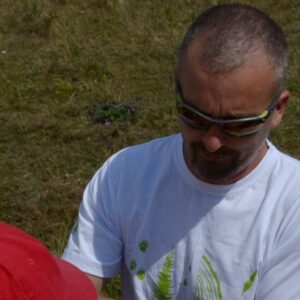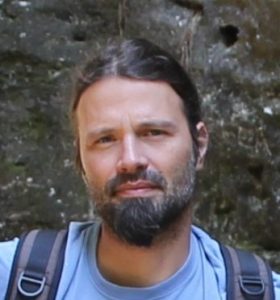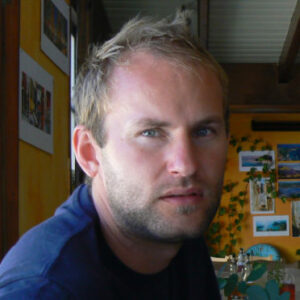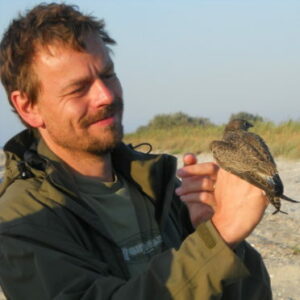The network of highways and railways that connect key areas of Romania and, further on, our country to the rest of Europe is being planned for development right now. This “large infrastructure” will be developed across the Carpathian Mountains and will cross valuable ecosystems comprised in natural protected areas, including Natura 2000 sites, threatening to fragment/divide and to disturb them. In order to prevent and to diminish these threats and pressures on nature, the TRANSGREEN project aims to develop an environmentally-friendly and safe transport network in Romania, Czech Republic, Hungary, Slovakia, and Ukraine.

The TRANSGREEN brings together organizations directly involved in the planning of large infrastructure projects, as well as nature conservation, which ensure an integrated approach on the development of an environmentally-friendly and safe transport system in the Carpathian region: national and regional authorities, international organizations, research centres and universities, motorway companies, environmental organizations. These organizations have the know-how, capacity, experience and authority to develop concrete solutions to reduce environmental impact and design suitable Green Infrastructure elements. One focus will be maintaining uninterrupted ecological corridors which ensure the free movement of species most vulnerable to the impact of motorways and railways: large carnivores (such as the brown bear, the wolf and the lynx) as well as certain species of herbivores.
The concrete measures regarding the planning, building, management and monitoring of large infrastructure will focus on four pilot-projects: the Tîrgu Mureș-Iași motorway (Romania), the Curtici (Radna)-Deva railway (Romania), the Miskolc (Hungary) – Kosice (Slovakia) – Uzhgorod (Ukraine) motorway, the Beskydy motorway (Czech Republic-Slovakia). The project will also develop a set of standards regarding the integrated planning of infrastructure projects and will advocate for their inclusion in public policy across the region.
Project partners:
- Romania – “Milvus Group” Association, WWF Romania
- Austria – WWF International Danube-Carpathian Programme (project lead), Secretariat of the Carpathian Convention
- Czech Republic – Friends of the Earth Czech Republic – branch Olomouc, Nature Conservation Agency, Transport Research Centre
- Hungary – CEEweb for Biodiversity
- Slovakia – National Motorway Company, State Nature Conservancy of the Slovak Republic, SPECTRA – Centre of Excellence of EU – Slovak University of Technology in Bratislava
Associated project partners:
- Romania – Ministry of the Environment, Ministry of Transport
- Austria – Ministry for Transport, Innovation and Technology
- Czech Republic – Ministry of the Environment
- Hungary – National Infrastructure Developing Private Company Ltd.
- Poland – Ministry of Infrastructure and Construction
- Slovenia – Ministry of Infrastructure
- Ukraine – Ministry of Ecology and Natural Resources, Transcarpathian Regional State Administration – Department of Ecology and Natural Resources
Project website:
Transgreen official page (English language)
Financial support:
Project co-funded by European Union funds (ERDF, IPA)
The project TRANSGREEN (DTP1-187-3.1-TRANSGREEN) is co-funded by the European Union through the Interreg Danube Transnational Programme (DTP), Priority 3 – Better connected and energy responsible Danube region, Specific objective – Support environmentally-friendly and safe transport systems and balanced accessibility of urban and rural areas.






























